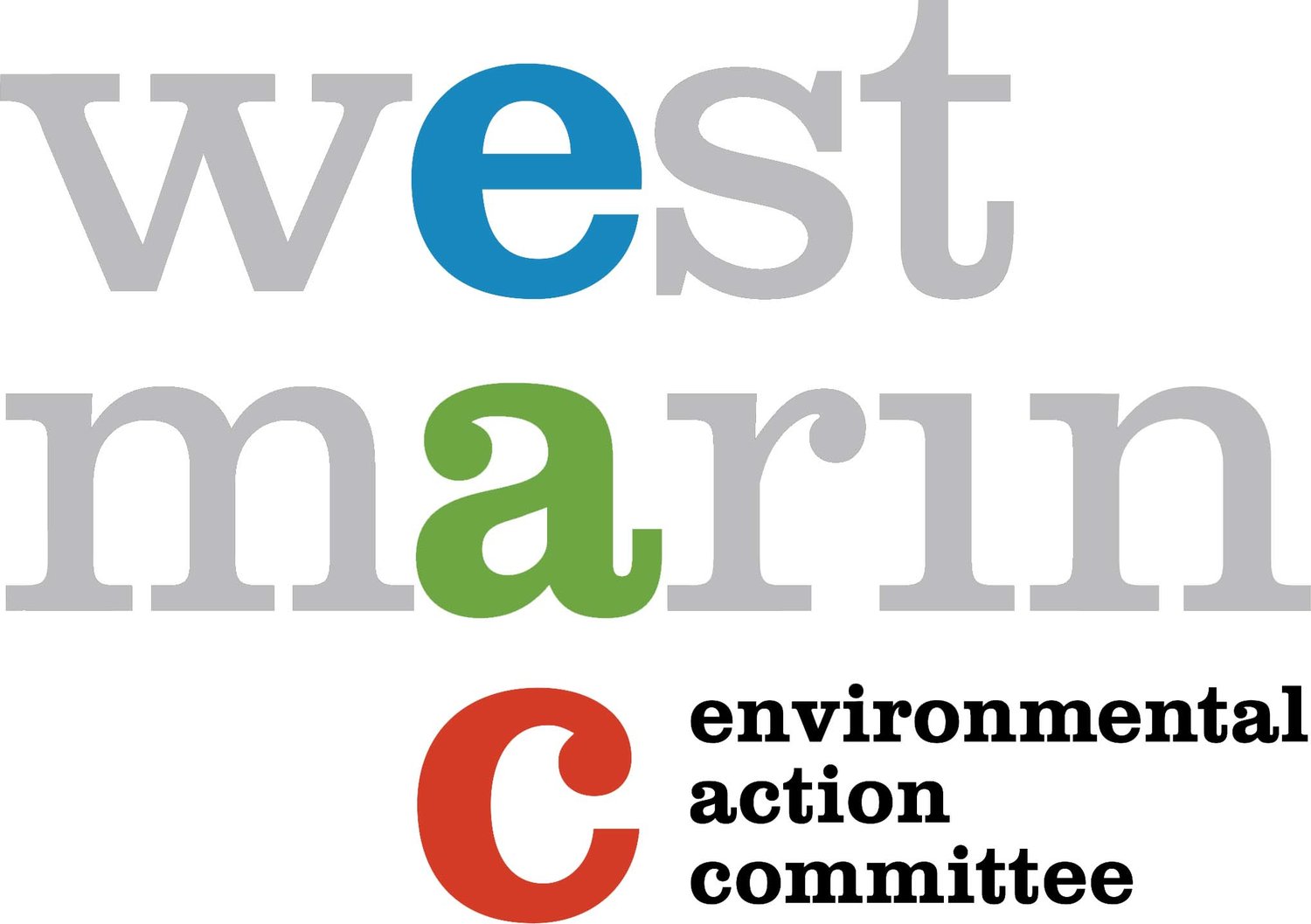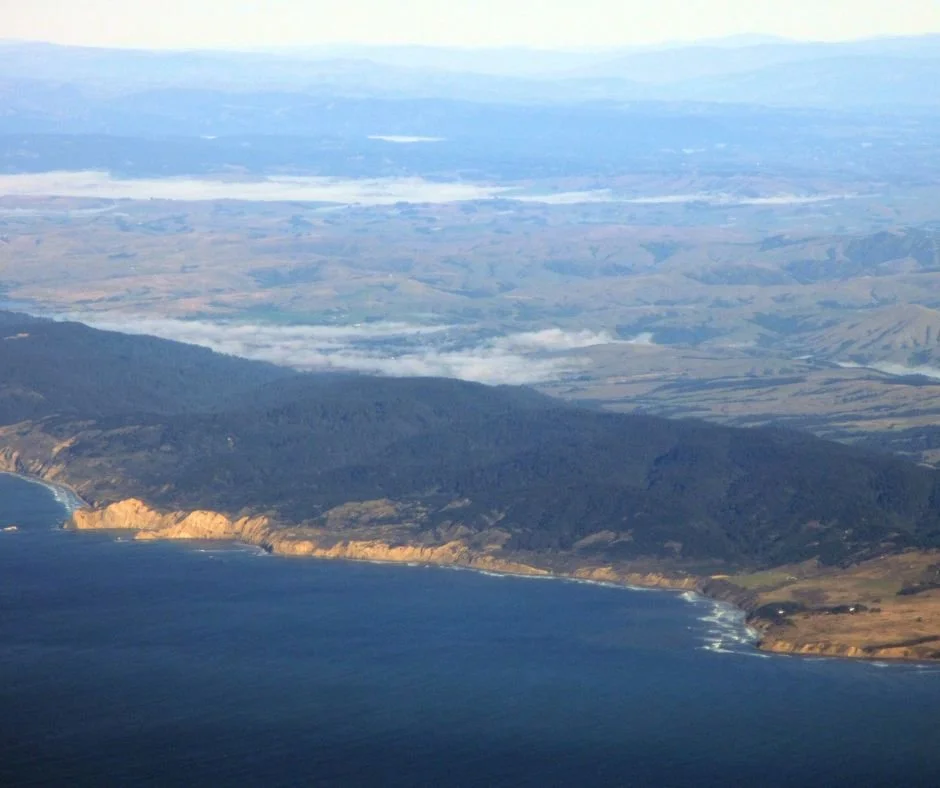By: Morgan Tade, Legal & Policy Intern
On July 9th, EAC participated in the San Francisco Regional Water Quality Control Board (Water Board) meeting in Oakland to support the expanded Conditional Waiver of WDR for Grazing Operations. The Water Board unanimously adopted the renewed program, establishing consistent management practices that grazing operations must follow to improve water quality and reduce pollution from manure, soil erosion, and runoff. The expanded program covers an additional 88,000 acres of the North San Francisco Region, including the National Park Service’s grazing operations in Point Reyes National Seashore.
This decision comes as a result of thoughtful collaboration among environmental organizations, tribal leaders, Water Board staff, and members of the public with the shared goal of promoting the health of our watersheds.
Under the renewed and expanded Conditional Waiver, each operation must adopt best management practices (BMPs) to comply with pollution limitation requirements and develop a Ranch Water Quality Plan. Operators will also be required to conduct seasonal visual inspections and document their findings to maintain annual compliance. Operations encompassing 100 acres or more of grazing land that are located within water quality-impaired watersheds or operations that pose a serious threat to water quality will qualify for enrollment in the program. This will include the future co-managed grazing operations for conservation purposes by The Nature Conservancy and the Seashore, if they meet these requirements.
The renewed program consolidates previous Conditional Waivers of WDR for Grazing Operations in the Napa River, Sonoma Creek, and Tomales Bay Watersheds. Additionally, it expands coverage to include Petaluma Watershed grazing operations and the National Park Service’s operations in the Seashore which were not included in previous waivers. The addition of the Petaluma Watershed and operations in the Seashore increases the waiver’s coverage to approximately 145,000 acres of land.
Our Role
We submitted written comments in March to voice our general support for the Conditional Grazing Waiver with some suggested revisions. Water Board staff provided responses to nearly 100 written comments and drafted a revised version of the Conditional Grazing Waiver Program. Per our recommendations, the new version includes a provision emphasizing the Executive Officer’s authority to require additional water quality monitoring and requirements from an operation if necessary.
At the July 9th meeting, EAC’s Legal and Policy Intern, Morgan Tade, and other environmental organizations testified to show our support for the revised Conditional Waiver and to urge staff to take additional measures in the future. We emphasized the importance of public education and outreach, proposed making all documentation of site visits and non-compliance easily accessible online, and requested more frequent monitoring of grazing operations. While the adopted program is a positive first step towards improving water quality in the Seashore, public transparency and additional enforcement is critical for achieving this goal.
As the new Conditional Grazing Waiver goes into effect, EAC and other local environmental organizations plan to report any violations we see directly to the Water Board. Additionally, we collaborate with Marin County Environmental Health Services and the National Park Service to conduct water quality sampling at Drakes Beach and Drakes Estero, and we will use our findings to help inform the Water Board of the program’s efficacy in improving water quality. As an environmental watchdog organization, we will closely monitor any changes we see as a result of the program’s implementation.
Get Involved
The public plays an invaluable role in protecting the Seashore from non-compliant grazing operations through reporting and public education. If you see evidence of non-compliance and would like to report a violation to the Water Board, click here to learn how to file a complaint or contact the Water Board directly by phone. You can also reach out to us.



